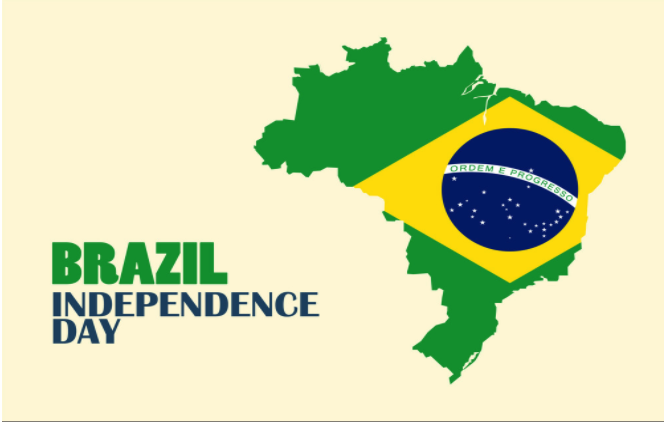Hey DA, my name is Alexander Bautista from the LASA. Continuing the series for Hispanic Heritage Month, I would like to talk about Brazil’s Independence Day. Although this event took place on September 7, I think it is still an important day to recognize.
The story of Brazil’s independence begins with Portugal. Attempting to flee from Napoleon’s invasion of Europe, the Portuguese court fled to Rio de Janeiro in 1808, where they seized control over the indigenous people. They also created banks and opened Brazil’s ports to a lot of European countries. Eventually, Brazil began to prosper, so the king of Portugal, Don João IV, allowed the colony to become part of the United Kingdom of Portugal. He left Brazil under the rule of a 22-year old prince named Dom Pedro. In 1821, the Portuguese State Council started discussions on reducing Brazil’s status to a colony. Dom Pedro did not agree with the state’s ideas, so the State Council asked Pedro to return to Portugal. He refused. On September 7, 1822, the council revoked his position to rule over Brazil. On that same day, he granted independence to Brazil.
One of Brazil’s most impactful contributions to the world is the creation of the anti-venom serum. In 1903, Vital Brazil, a world-renowned immunologist created an anti-venom that counteracted snake bites from rattlesnakes, coral snakes, and jararaca snakes. He would later find a formula to cure patients of scorpion stings in 1908.
Hope you enjoyed today’s celebration of Hispanic Heritage Month.
-LASA
